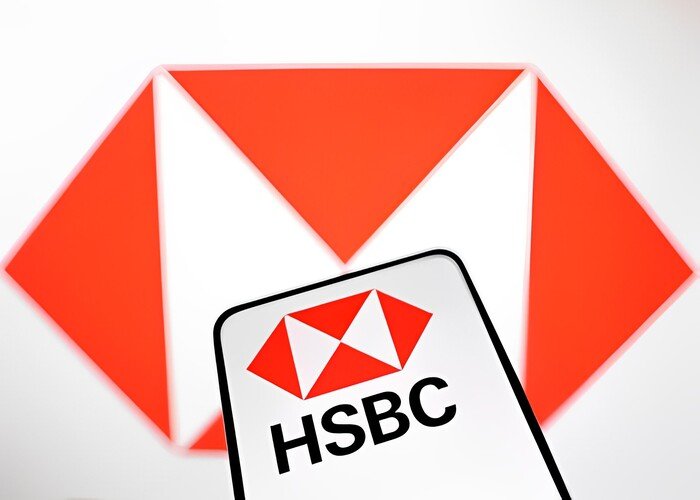On Monday, HSBC (HSBA.L) revealed a new $3 billion share repurchase program and more than doubled third-quarter earnings. However, the results fell short of expectations due to rising operational and technological costs and inflation.
The figures released by the largest bank in Europe demonstrated the strain it is under to satisfy investors who have been suffering for a long time now that interest rates are increasing globally.
HSBC stated that expenses might climb by up to 5% this year, excluding an acquisition, exceeding its earlier target of a 3% increase, due to an increase in operations and technology spending as well as consideration of a raise in employee incentives for the fourth quarter.
In the July to September quarter, the bank reported a pre-tax profit of $7.7 billion, up from $3.2 billion in the same period last year. However, this figure fell short of the $8.1 billion mean average forecast of brokers gathered by HSBC.
According to London-based Jefferies analyst Joe Dickerson, “costs are likely to be the area of controversy” regarding HSBC’s lower-than-expected earnings. However, he did note that the share repurchase was $1 billion more than Dickerson had predicted.
With a market valuation of $118.6 billion, the bank’s headquarters in London stated that it intended to finish the share repurchase by February of next year, bringing the total amount of buybacks disclosed this year to $7 billion.
Additionally, it distributed 10 cents per share for the third interim dividend of the year, for a total distribution of 30 cents per share this year.
Following the earnings announcement, the bank’s Hong Kong-listed shares were down 0.26%, cutting losses from 2.1% in the morning and outperforming the market’s broader financial index, which fell by 1.21%.
Compared to competitor Barclays’ BARC, HSBC’s Global Banking and Markets business had a 2% increase in revenue in the third quarter. This division is home to the company’s investment bank. L 6% decline as increased interest rates helped HSBC’s huge payments division.
With $34 billion in net new invested assets in the quarter and its wealth balance sheet expanding by 12% over the previous year, the company’s efforts to inject fresh capital into its wealth division gained momentum.
Due to a rise in clients transferring their deposits to term products, especially in Asia, the lender’s net interest margin of 1.70% saw a two basis point decrease from the previous quarter.
The lender recorded a $500 million impairment in the third-quarter earnings because of the mainland Chinese commercial real estate market.
“We continue to monitor risks related to our exposures in mainland China’s commercial real estate sector closely, and there remains a degree of uncertainty in the forward economic outlook, particularly in the UK,” the business stated in its earnings release.
Standard Chartered (STAN.L), HSBC’s rival with a concentration on Asia, revealed last week an unexpected one-third decline in third-quarter earnings as a result of an almost $1 billion combined damage from its exposure to China’s banking and real estate industries.










































Comment Template